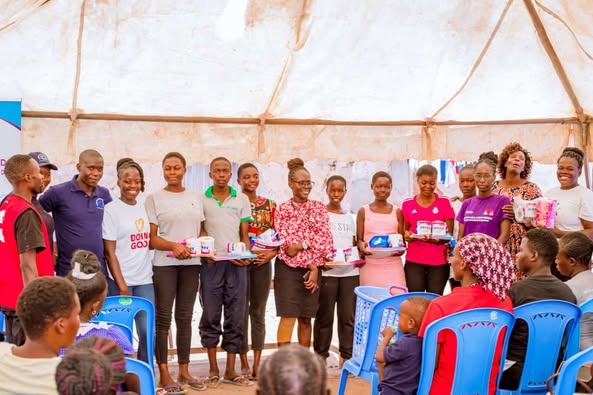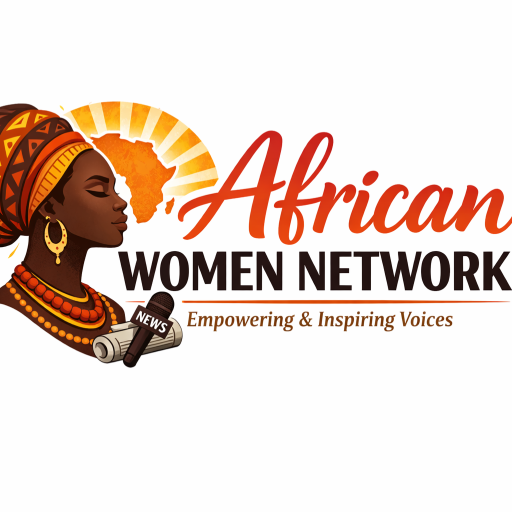
Practical Action, a development organization known for championing climate resilience and social equity, has joined forces with the County Government of Kakamega to tackle the twin challenges of menstrual health and waste management. In Kenya, these two issues are often closely linked, especially in urban informal settlements and low-income communities, where poor infrastructure, limited public services, and lack of awareness create barriers to safe, hygienic, and dignified menstrual care.
This partnership adopts a holistic, community-centered approach, aiming not only to improve sanitary product disposal systems but also to foster inclusive public health practices that address the needs of vulnerable groups—particularly women, girls, and informal waste workers.
Recently, a stakeholder forum was convened in Kakamega, bringing together key players from government, civil society, healthcare, and the informal waste sector to address menstrual health challenges and promote gender-responsive waste management systems.
The event was jointly led by Dr. Joyce Wafukho, Director of Gender and Labour Services in Kakamega, and Noreen Chebet from Practical Action. Both leaders emphasized the urgency of addressing menstrual health as a rights-based, public health, and environmental issue.
Participants—among them waste pickers and sanitation workers—shared lived experiences of handling menstrual waste in unsafe conditions. Their voices underscored the need for inclusive waste management frameworks that recognize and protect those on the frontlines of urban sanitation.
This forum was part of a broader movement aligned with World Menstrual Hygiene Day, observed globally each year on May 28. Throughout the week, Practical Action and its partners reaffirmed their commitment to menstrual dignity, environmental sustainability, and community inclusion.
Across Kenya, the organization used the opportunity to amplify conversations around menstruation, break harmful taboos, and raise awareness about safe and sustainable disposal of menstrual hygiene products—a major challenge in both rural and urban settings.
Beyond advocacy, Practical Action is actively working on ground-level solutions through its waste management projects in Kakamega and Kisumu. These projects are not only focused on managing general household waste but also place strong emphasis on handling used sanitary products safely and responsibly.
In Kakamega, the team is engaging local authorities and communities in designing gender-sensitive waste disposal systems, ensuring that facilities cater to the unique needs of menstruating women and girls.
Meanwhile in Kisumu, the organization is rolling out community dialogues under its Menstrual Hygiene Management (MHM) program. Led by Practical Action’s Janet Okach, these sessions took place in Nyalenda and Kibuye, where local youth were engaged in open, informative discussions about menstrual hygiene and sustainable disposal practices.
The dialogues gave rise to grassroots solutions such as:
- Establishing youth awareness clubs to educate peers on menstrual health
- Installing dedicated disposal bins in public areas and schools
- Encouraging peer-to-peer education to normalize menstruation and reduce stigma
Inclusion, Innovation, and Environmental Justice
These initiatives are anchored in the understanding that menstrual health is a human right and should be central to urban planning and waste management strategies. Without adequate disposal options, menstruating individuals often face embarrassment, health risks, and environmental hazards. For waste workers, handling menstrual waste without protective gear or proper training increases vulnerability to infection and social stigma.
Practical Action’s work ensures that everyone—especially women, girls, and informal workers—has a voice and a role in shaping solutions that work for them.
Scaling Community Solutions
As menstrual health continues to gain visibility in Kenya’s public discourse, Practical Action is committed to scaling these efforts across more counties. By centering equity, dignity, and sustainability, the organization hopes to build a model where urban development and public health go hand in hand.
Menstruation should never be a source of shame or danger. Through collaboration, education, and infrastructure, the organisations seeks to build a future where no girl misses school, no woman is marginalized, and no waste worker is left unprotected—all because of a natural biological process.







